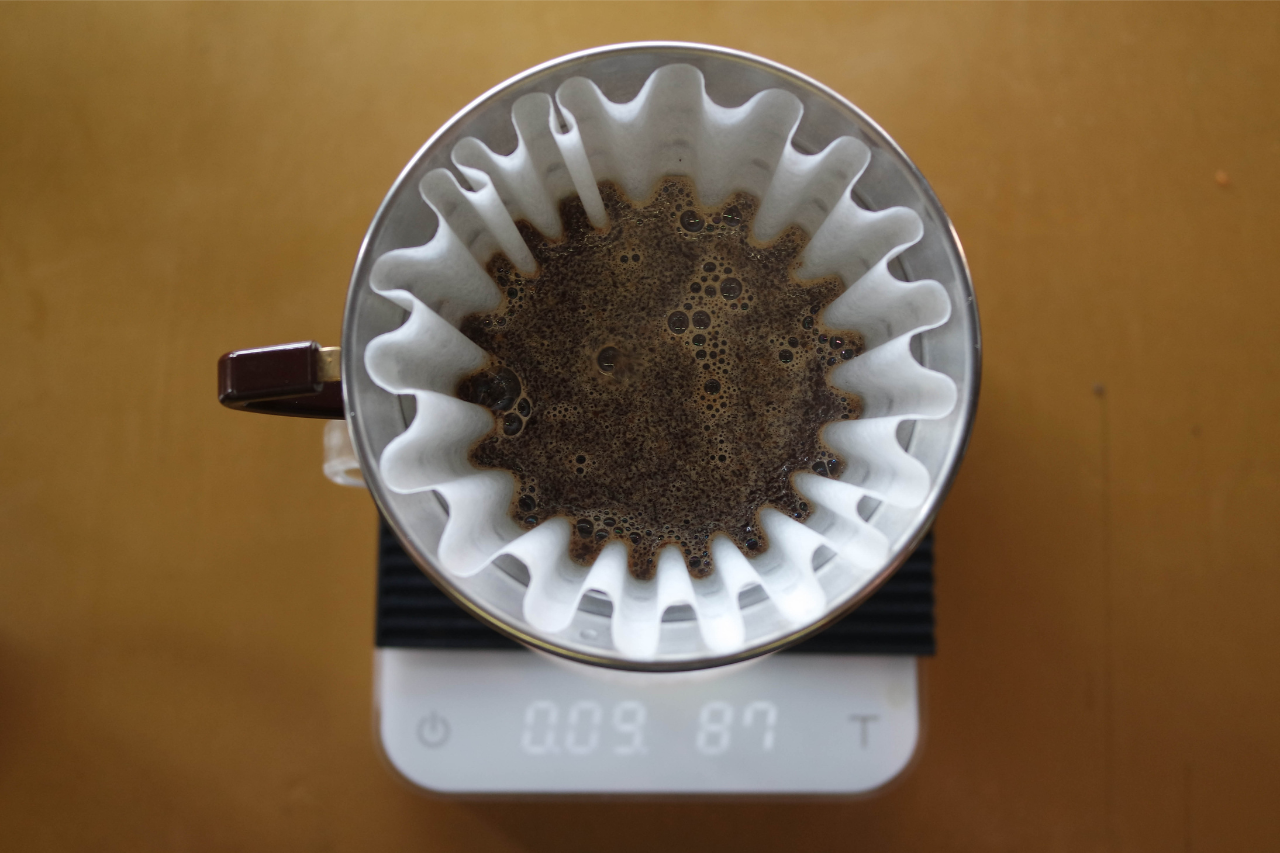
Decoding Insurance Grace Periods

Share:
What is an Insurance Grace Period?
An insurance grace period is a period of time, typically 30 days, during which a policyholder can make premium payments without their coverage lapse. Grace periods vary by insurer, so it’s important to check with your carrier to see what their specific policies are.
If you do not make a premium payment during the grace period, your insurance coverage will lapse and you will no longer be insured. If you then have an accident or need to make a claim, your insurer will not cover you as you were not insured at the time of the incident.
It’s important to note that some insurers may not offer a grace period on certain types of insurance policies. For example, insurance policies that are required by law, such as auto insurance, typically do not have a grace period.
If you’re having trouble making insurance premium payments, there are other options available to you. Some insurers offer payment plans that allow you to spread out your payments over a period of time. You can also contact your insurer to see if they offer any discounts that could help lower your premium costs.
Types of Insurance Grace Periods
There are two types of insurance grace periods:
– Standard Grace Period: This is the most common type of grace period and typically lasts for 30 days. If you make a premium payment within this timeframe, your coverage will not lapse.
– Extended Grace Period: Some insurers offer an extended grace period, which gives you more time to make a payment. These grace periods can last up to 60 or 90 days. However, if you still haven’t made a payment by the end of the extended grace period, your coverage will lapse.
It’s important to note that not all insurance companies offer extended grace periods. If you’re considering switching to a new insurer, be sure to ask about their grace period policy.
When Does an Insurance Grace Period Start?
An insurance grace period typically starts on the day after your policy expires. For example, if your policy expires on June 30, your grace period would begin on July 1.
Some insurers may give you a grace period that starts on the day your policy expires. For example, if your policy expires on June 30 and you have a 30-day grace period, you would have until July 30 to make a payment.
It’s important to check with your insurance company to find out when your grace period starts. This way, you can be sure to make a payment within the grace period and avoid lapsing on your insurance.
What Happens if I Lapse on My Insurance?
If you lapse on your insurance, it means that your coverage has ended because you did not make a premium payment during the grace period. If you then have an accident or need to make a claim, your insurer will not cover you as you were not insured at the time of the incident.
Lapsing on your insurance can also result in higher premiums when you do decide to reinstate your coverage. Some insurers may also require you to undergo a medical exam before they will provide coverage.
It’s important to note that some states have laws that require insurance companies to reinstate your coverage if you have lapsed for less than 60 days. However, you may still have to pay a higher premium.
If you’re having trouble making insurance premium payments, there are other options available to you. Some insurers offer payment plans that allow you to spread out your payments over a period of time. You can also contact your insurer to see if they offer any discounts that could help lower your premium costs.
Most Popular


Insurance Premiums 101: All You Need

What is Coffee Bloom and why does it happen?

Business Insurance Essentials: Stay Covered
Subscribe To Our Weekly Newsletter
Categories
Related Posts

Cute Girly College Ruled Composition Notebooks
Share: In a world dominated by digital tools and apps, the humble college-ruled composition notebook

Insurance Premiums 101: All You Need
Share: What Is an Insurance Premium? An insurance premium is the price of insurance coverage.

What is Coffee Bloom and why does it happen?
Share: When coffee is ground, the natural oils and aromatics are released. When these coffee

Business Insurance Essentials: Stay Covered
Share: What is business insurance? Business insurance is protection for business owners and their employees
